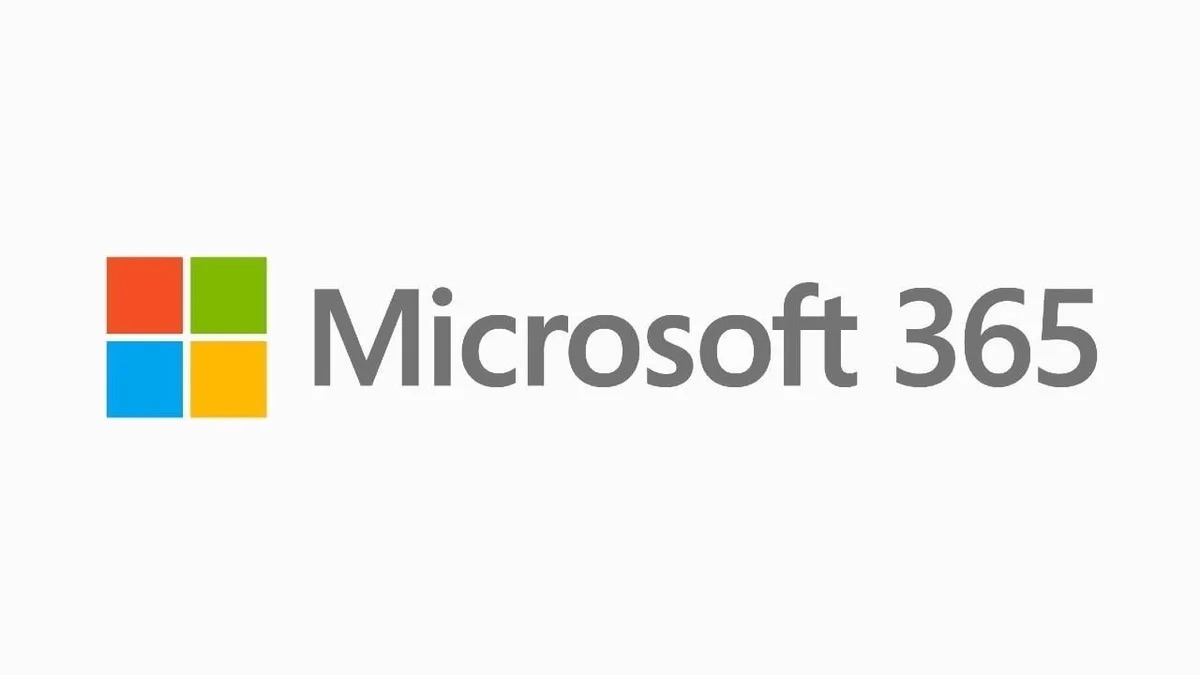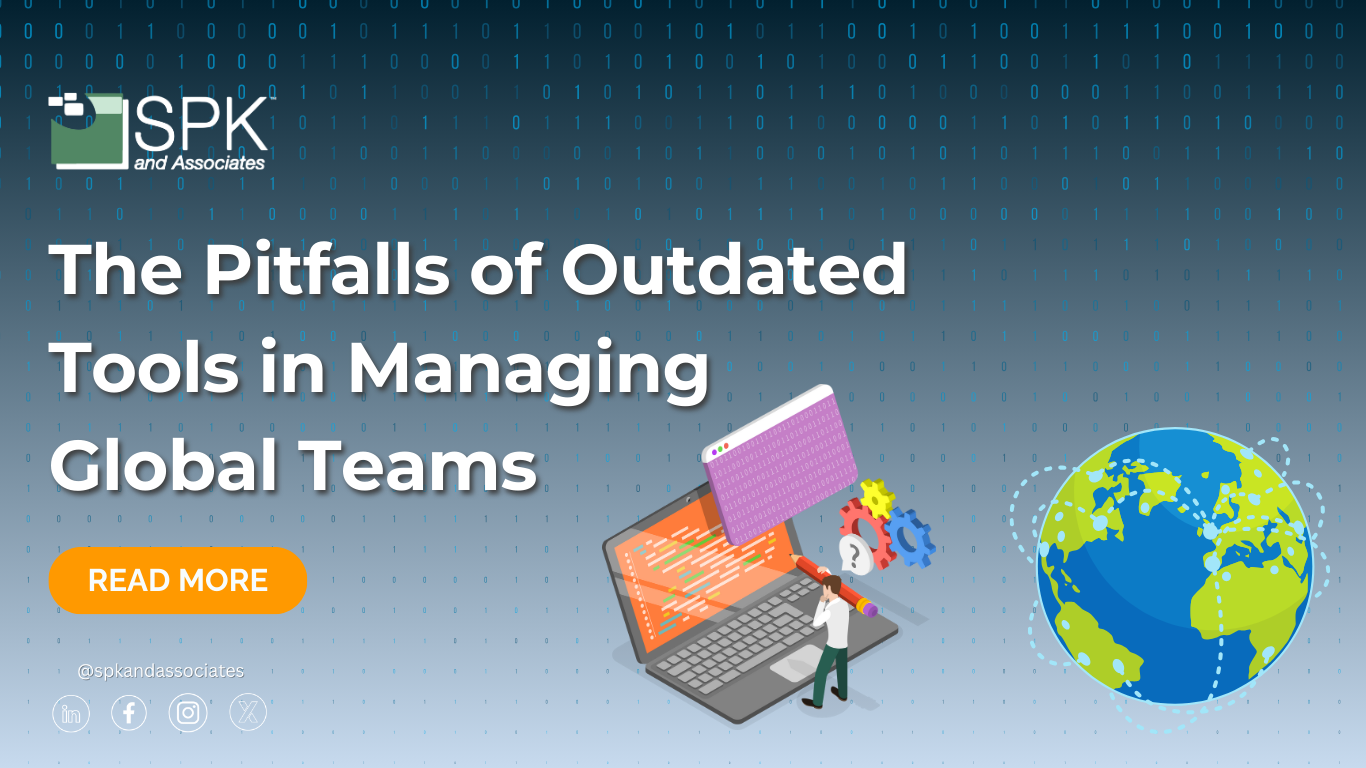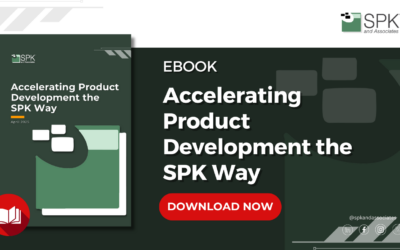The dynamics of product development have shifted dramatically in the past 5 years. Teams are no longer confined to a single location or even a single time zone. Instead, they span continents, collaborating across borders to bring products to market faster than ever before. However, this global collaboration introduces new challenges, especially when it comes to the software tools used to manage and synchronize efforts across these dispersed teams. Relying on outdated tools can lead to significant inefficiencies, ultimately slowing down the very processes they were intended to streamline. Our experts see this time and time again. Failures around product quality, manufacturing timelines, and collaboration are all too common problems. This blog post provides some clarity from our experts on how to approach the challenge of using outdated tools working in a global team context.
The Complexity of Managing Global Teams
Global teams consist of interdisciplinary experts, each bringing unique skills and perspectives. While this diversity is a strength, it also introduces complexity in coordination, communication, and project management. Tools designed decades ago struggle to meet the demands of this new reality. Remote work was less prevalent and teams were more centralized, but now, we need flexible, scalable solutions. Outdated tools do not have the features required to manage the intricate workflows of globally dispersed teams. So, what are the consequences of using them?

Inefficiency in Product Work
Outdated tools often require workarounds or manual interventions to handle modern workflows. This not only wastes time but also increases the likelihood of errors. Our team has plenty of stories of this occurring. Workarounds are fine in small amounts, but when an entire department is inundated with workarounds to the point where you cannot bring in new people, there is an issue. If new employees “won’t understand all the intricacies of the workarounds”, it creates an unsustainable path forward for your product.
Poor Collaboration Between Teams
When tools aren’t designed for remote or asynchronous work, collaboration suffers. Team members may find themselves working in silos, leading to miscommunication and duplicated efforts. Our team has seen multiple situations where tools have hindered collaboration so much that the product takes 2 or 3 times longer to get to market. When modern solutions are applied to these same situations, communication increases, leading to quickly made, high quality products.

Delayed Time to Market
The inefficiencies and collaboration challenges posed by outdated tools can significantly delay product development timelines, putting companies at a competitive disadvantage. Any CFO will tell you they do not like to wait for revenue due to a delayed product launch.
The Advantage of Modern Management Tools with Customizable Workflows
Modern project management and product lifecycle management tools are designed with today’s global teams in mind. They offer customizable workflows that can be tailored to the specific needs of interdisciplinary teams, ensuring that the tools adapt to your processes. Let’s look at some modern tools that help support customized workflows and remote collaboration.
Atlassian Jira
Jira’s highly customizable workflows allow teams to design processes that match their unique requirements. Whether it’s integrating with other tools or automating repetitive tasks, Jira provides the flexibility needed for global collaboration. Jira can help almost any team in any size organization. From IT to software development and marketing to sales, Jira has features to support remote workers with highly customizable workflows and automations.


PTC Codebeamer
Codebeamer excels in managing complex software development lifecycles. Its customizable workflows support seamless integration with other tools and systems, ensuring that teams can effectively collaborate across borders. Integrations with Codebeamer support the work of your team, leading to higher employee satisfaction. This powerful ALM system has helped clients get products to market faster, along with working for global teams.
PTC Windchill PLM
Windchill is a powerful PLM tool that offers extensive workflow customization. It enables teams to manage product data efficiently, ensuring that all stakeholders have access to the latest information, regardless of their location. Windchill has helped global teams reduce their time to market by almost 50% in some cases.


Microsoft 365
Microsoft 365 is not your father’s “Office 95” CD. Companies that utilize Microsoft 365 are transforming business operations. Microsoft 365 emerges as a critical tool for maintaining productivity and collaboration in this new work environment. Obviously, the suite offers powerful apps like Excel, Word, PowerPoint, Teams, and others, but the sharing and permissioning schemes allow better communication and real-time collaboration with remote and in-person teams. Organizations using Microsoft 365 experience many different benefits, including cost efficiency, enhanced productivity, and robust security features.
Google Workspace
Similar to Microsoft 365, Google Workspace offers a comprehensive suite of cloud-based productivity tools that empower global teams to collaborate in real-time. With seamless integration of applications like Google Docs, Sheets, and Slides, teams can co-edit documents simultaneously. This ensures ideas and feedback are shared instantly, regardless of geographical location. By providing a unified platform for collaboration, Google Workspace eliminates delays, fosters innovation, and accelerates product development cycles. Overall, it helps businesses bring their products to market faster and more efficiently.

The Impact of Modern Management Tools on Team Efficiency
Investing in modern tools isn’t just about keeping up with the latest technology trends, it’s about driving tangible improvements in team efficiency and output. Studies have shown that organizations using modern, flexible tools see a significant increase in productivity. According to a recent report, teams using customizable workflow tools experienced a 30% reduction in project completion time and a 25% increase in collaboration effectiveness compared to those using outdated tools.
Relying on outdated tools is no longer an option. To stay competitive, companies must invest in modern, flexible tools that can adapt to the complex workflows of globally dispersed teams. By doing so, they can enhance efficiency, improve collaboration, and accelerate time to market.

At SPK and Associates, we’re here to guide you through this transition. With our deep understanding of systems, processes, and tools, we can help you harness technology to optimize your engineering efforts and achieve your business goals. Contact us today to learn more about how we can support your global teams in driving success.





